Due to the unpredictable scheduling and rescheduling of its congresses and primaries, most Nigerians still doubt the readiness of the All Progressives Congress (APC) to hold its presidential primaries “finally” fixed for June 6 to 8, 2022, in Abuja. The party repeatedly shifted the timelines for its political activities that culminated in the National Convention to elect party officials in March 2022, and has continued in that trajectory in the primaries to pick its presidential candidate for the 2023 general election.
As a ruling party, the APC ought to show examples, and lead other political parties, particularly the main opposition Peoples Democratic Party (PDP), in the conduct of its affairs. Rather, it’s been aping the PDP in slating its political programmes.
The APC adopts this ploy to achieve several aims: To give the party ample time to resolve its myriad of problems, especially in the state chapters; to enable it recalibrate its strategies, and align with the PDP programmes, in order to outwit the opposition; and to perfect its alleged scheming to foist a “consensus candidate” on members, as was the case in the March 2022 convention for the post of Chairman of the National Working Committee (NWC) of the party.
On that score, President Muhammadu Buhari, in a “you-scratch-my-back-and-I’lI-scratch-yours” gesture, reportedly pleaded with the APC governors to allow him pick his successor,” as he’s given them the free hand to choose theirs. What a revelation by a president kowtowing to the whims and caprices of state governors!
Time is running out for the APC shenanigans, as the PDP that’s mocked the shifty nature of its political activities has chosen former Vice President Atiku Abubakar as its candidate for the 2023 polls.
The die is cast for the APC to either hold transparent and credible primaries, or manipulate the system to achieve “consensus” and trump other aspirants’ ambition to be President of Nigeria.
The APC and its powers-behind-the-scenes would be unplaying their hands to assume that the “disenfranchised” aspirants would swallow their bait without a fight. It’s the last card the party may play before its predicted implosion en route 2023.
Meanwhile, amid the cacaphonous agitation for the presidency to go South, and therefrom to the South-East, comes a subtle but persistent call for power to shift to the North-East, which similarly remains marginalised presidential.
Thus, in the lead-up to the presidential primaries of the PDP, the North-East and South-East presented serious aspirants in Atiku and former Anambra State Governor Peter Obi, to vie for the sole party ticket.
As the respective presidential and vice presidential candidate of the PDP in the 2019 general election, pundits, and some in the Atiku campaign had yearned for a repeat pairing of Atiku and Obi in the contest for the 2023 presidency.
But the handlers in the Obi campaign, perhaps taking a cue from the aspirant, were unequivocal that their principal wouldn’t settle for the vice presidential slot of the PDP, or any other party, again.
It’s no surprise that days before the PDP primaries, Obi, who reportedly “read correctly” that the intrigues at play were unfavourable to his securing the party ticket, decamped to the Labour Party (LP), which then picked him as its presidential flagbearer in the February polls.
Based on a couple of factors, polity watchers had no doubt about the PDP ticket going to Atiku. First, Atiku, who’d been a member and candidate of several parties, has the political influence, the reach, the structure and the resources to prosecute the crucial and critical 2023 presidential election.
Second, the facts on ground indicate that Northern “power brokers and kingmakers” want the presidency to remain in the North. Hence, the party also juggled the timeline for its primaries.
In the foregoing scenarios, Rivers State Governor Nyesom Wike, a more formidable aspirant than Obi that could match Atiku grit-for-grit, currency-for-currency and vote-for-vote, was defeated in the alleged Northern scheming for the PDP ticket at the primaries.
Now, the South-easterners have nothing to cheer, but to rue their missed opportunity to produce the presidential candidate of the PDP, even as the chances of the zone seem slimmer on the platform of the APC, which they’ve pinned much hopes on.
Yet, a silver lining beckons on the South-East in the Labour Party that’s chosen Obi as its presidential candidate, with his emergence looking good to answer the zone’s quest to produce a Nigerian president of Igbo extraction.
A popular Yoruba adage says, “What you are looking for in Sokoto is right here in your sokoto.” In other words, the presidency the Igbo have fruitlessly struggled to achieve in the PDP and APC is in their domain, and attainable under the LP.
But this is on one condition: Ahead of the 2023 elections, the South-East should adopt, and rally behind Obi and the LP, as representing the political interest of the Igbo at the make-or-mar polls.
The South-East boasts of having tens of millions of Igbo outside of its zone across Nigeria, and the Ohanaeze Ndigbo Worldwide has pledged to “punish the PDP” for picking Atiku as its candidate. The Igbo can translate that “punishment” into massive votes for the LP.
With the millions of votes it’s unstingily handed the PDP in each election cycle since 1999, Obi and the LP could give the PDP and APC a run for their money and votes in 2023.
It’s over for complaints and lamentations about being schemed out of the political equation. It’s time to seize the bull by the horns and articulate, plan, strategise and execute programmes and processes to rally Igbo nationwide, to vote for Obi and the LP.
If Igbo, and their supporters and sympathisers across party lines answer the cry for political emancipation, Obi could sweep the five South-East states, score majority votes in three of the South-South states, one or two of the South-West states, three of the Middle Belt states, two of the North-East states and one of the North-West states.
That would amount to the LP securing majority votes in 15 or 16 of the 36 states of the federation, leaving the APC, PDP, New Nigeria Peoples Party (NNPP) and other registered political parties to scramble for votes in 21 or 20 states, in some of which the LP could garner the mandatory 25 per cent of votes.
Well-executed, Obi and the LP would be home and dry on Election Day! But will the Igbo vote for an Igbo? Without going into history, the Igbo have never voted for their own since 1999. The Hausa/Fulani vote for Northerners, the Yoruba vote for Westerners, why can’t the Igbo vote for Easterners for Nigeria’s presidency?
The 2023 general election is a watershed that provides the Igbo an opportunity to change, with their “overwhelming votes,” the narrative of “marginalisation of the South-East” in national governance.
*Mr Ezomon, Journalist and Media Consultant, writes from Lagos, Nigeria.
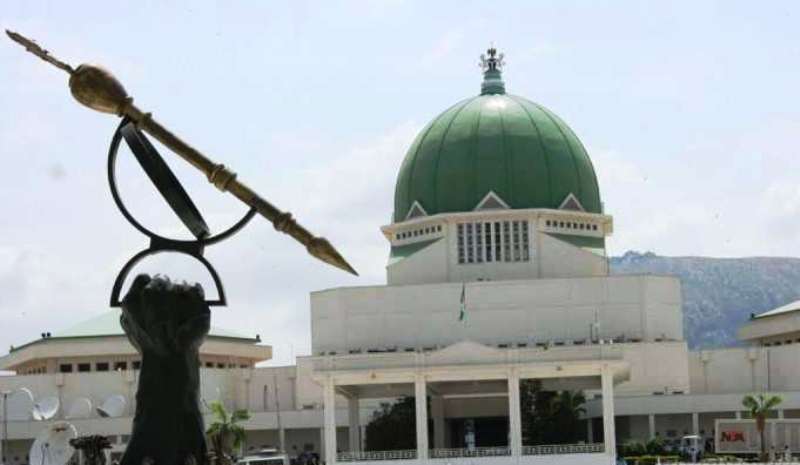
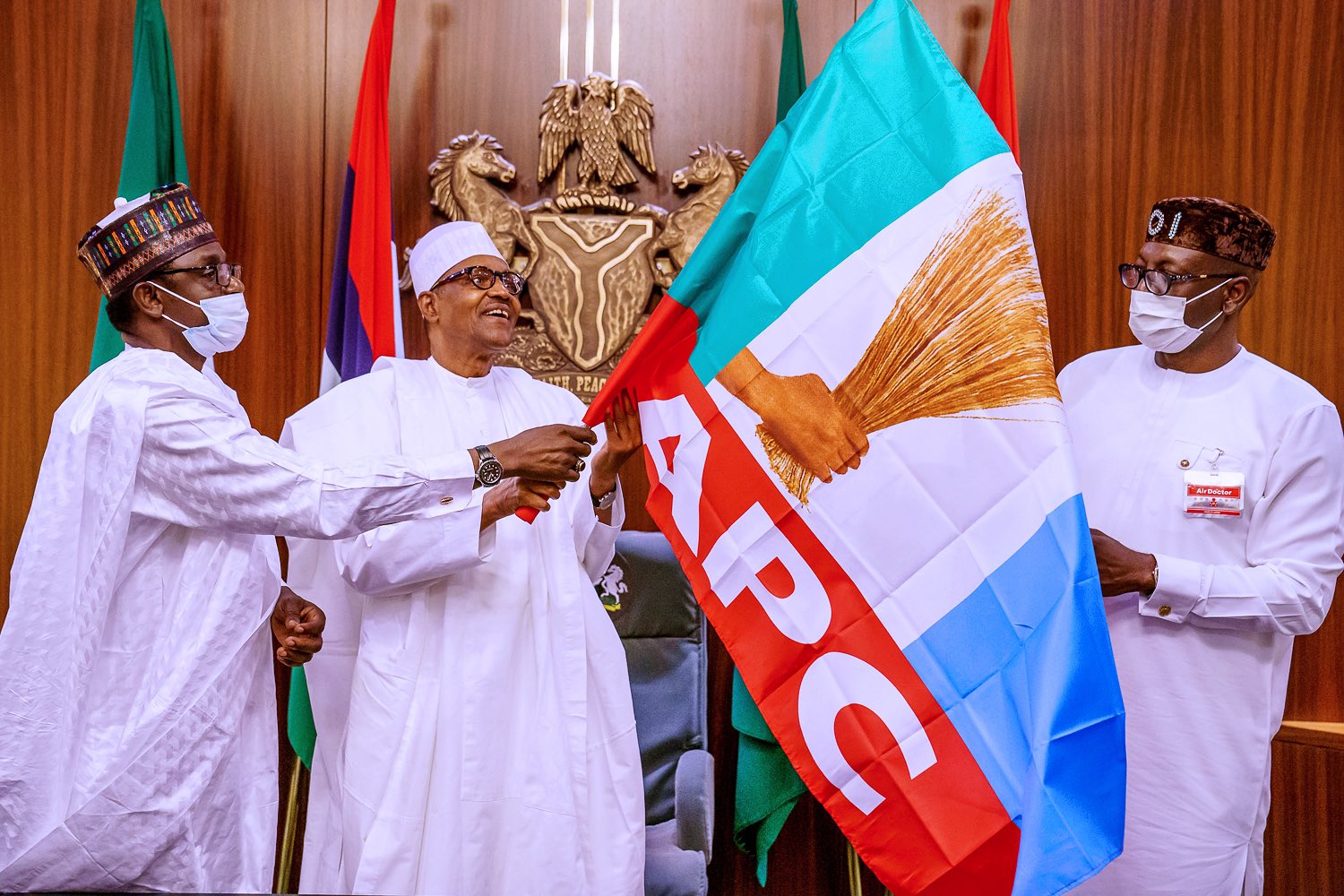
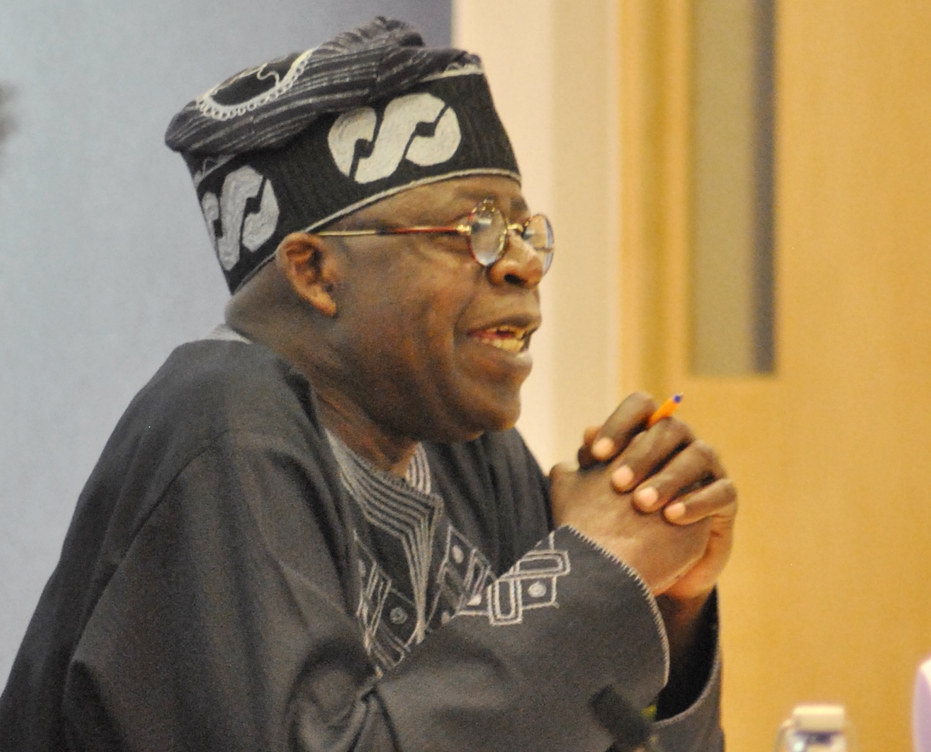
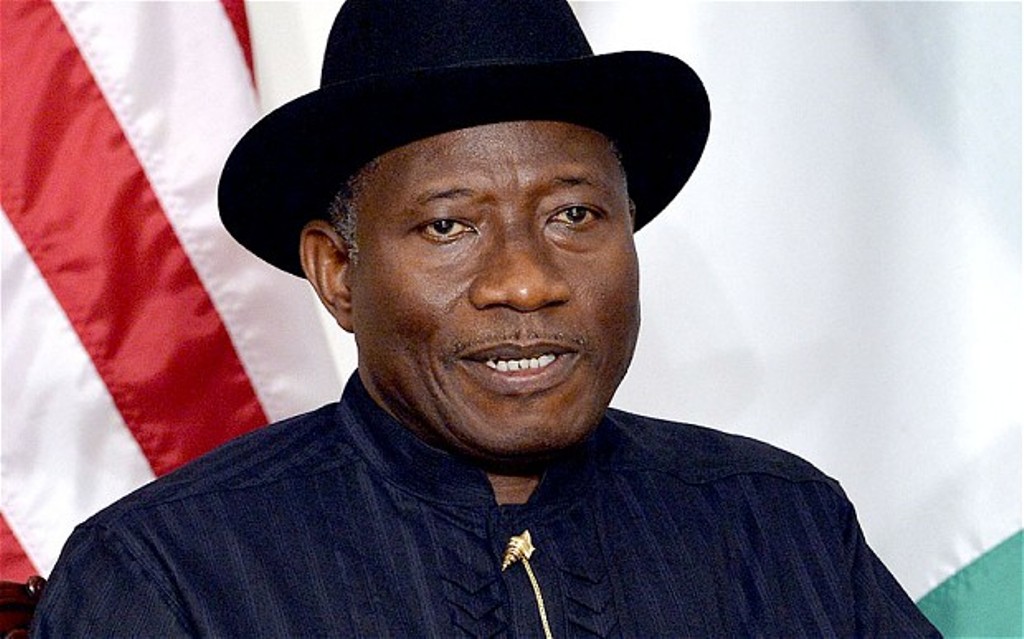


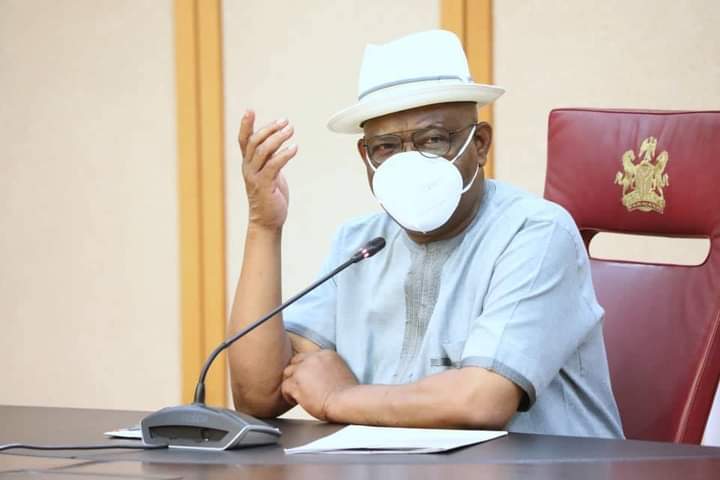

![2023 zoning and aspirants’ pairing permutations [5] – By Ehichioya Ezomon](https://thenewsguru.ng/wp-content/uploads/2021/03/images-2.jpeg)